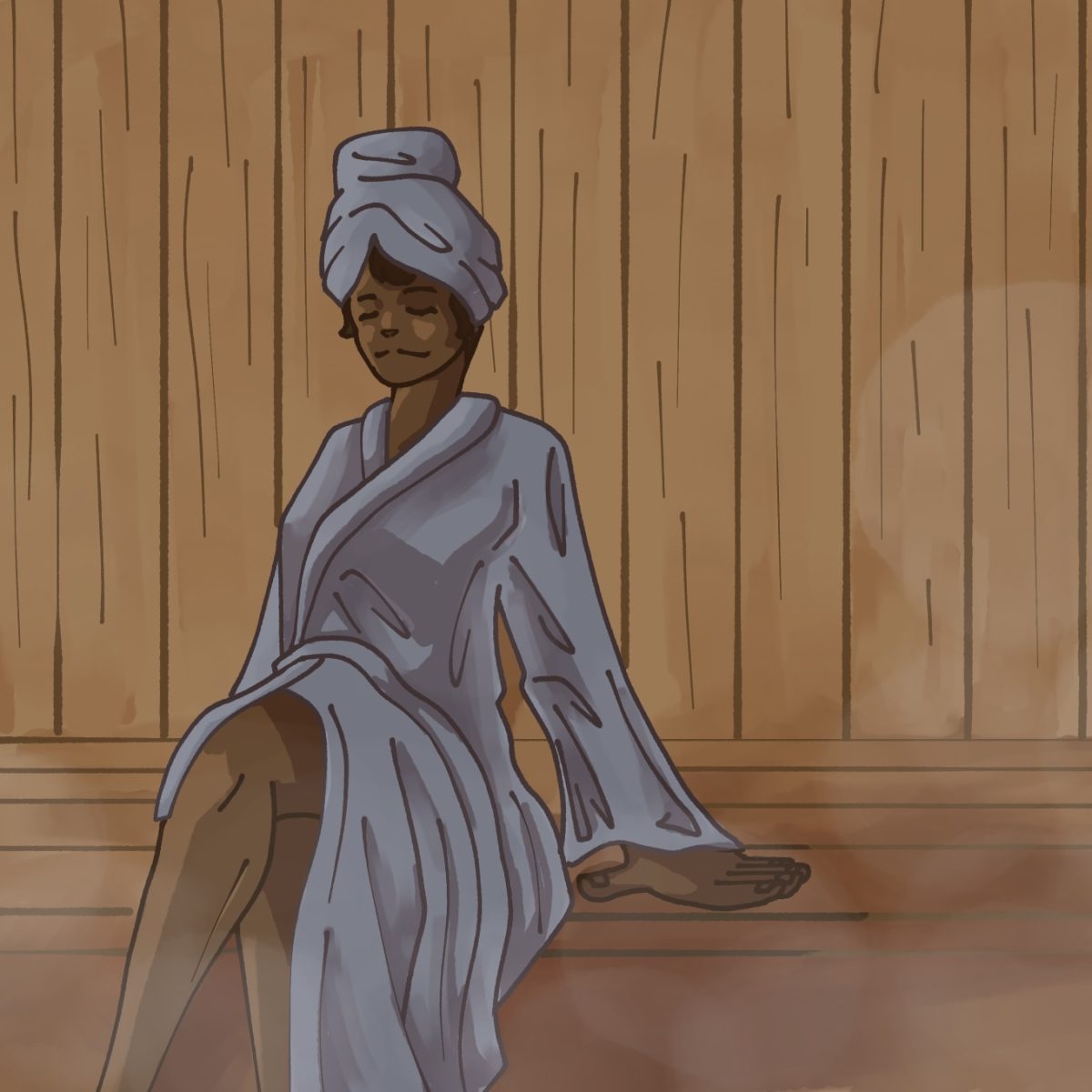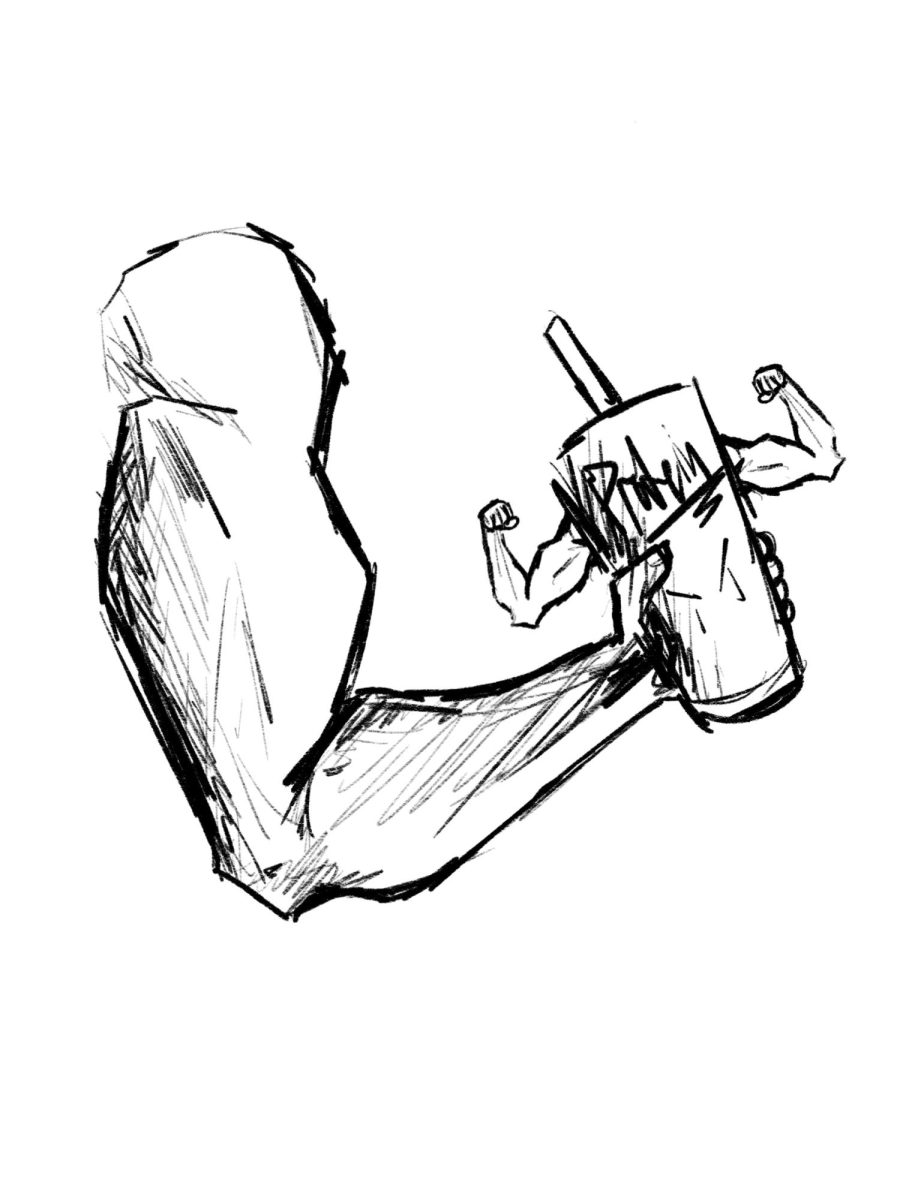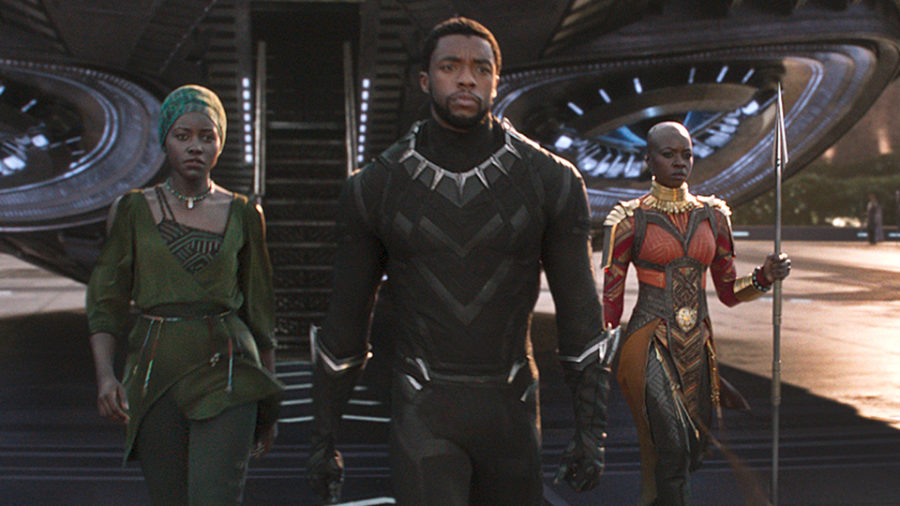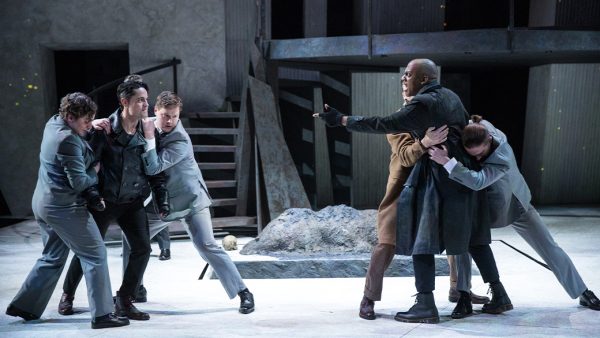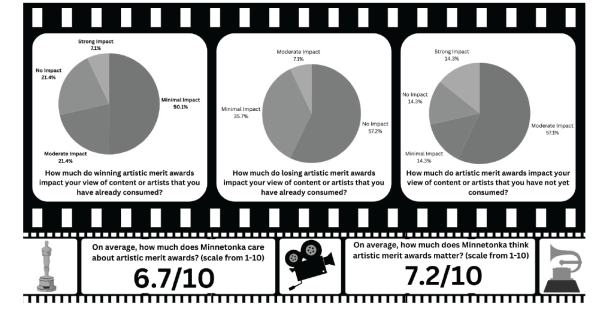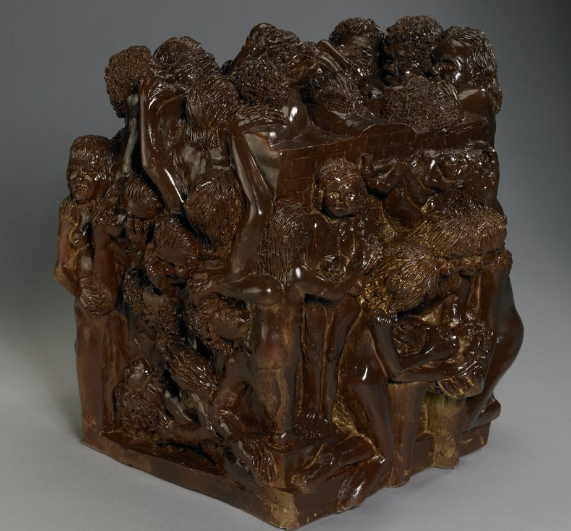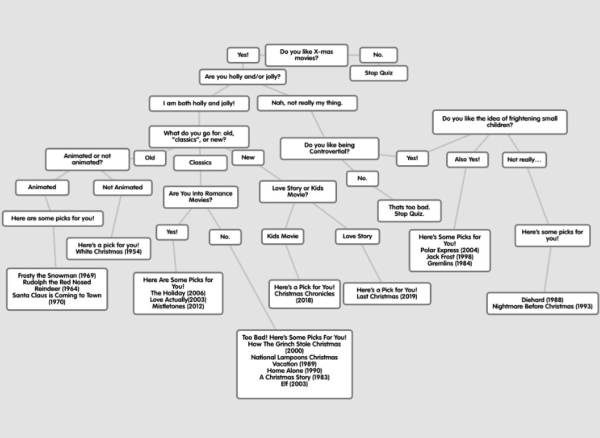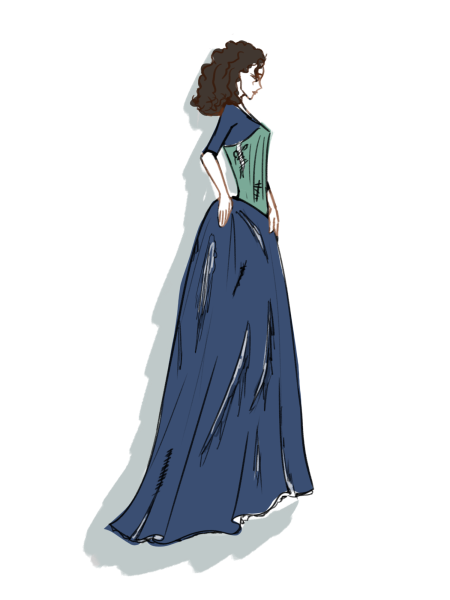Why the Release of Black Panther is Perfect for 2018 (No Spoilers)
March 16, 2018
2017 was a year full of disputes and tension, ultimately leading to discord in the United States. Friction between political parties challenged the strength of political foundations. The new POTUS drew the world’s stability into question. Now, in 2018, people everywhere fight for their rights and equality as they struggle to redefine themselves and change. The film Black Panther triumphs over disputes, tension, and inequality, illustrating the journey of a man trying to preserve his people, culture, and identity.
Picking up where its Marvel predecessor Captain America: Civil War left off, Black Panther follows T’Challa’s return home to the African nation of Wakanda to take his position as king. When powerful enemies reappear and test the strength of the nation, however, T’Challa is pulled into conflict. The young king must find allies and “release the power of the Black Panther” in order to guarantee safety for the nation, according to IMDb.
The film has taken the world by storm and is expected to reach 1 billion dollars at the box office, according to Forbes. It has shown the world, and Hollywood, that a film featuring predominantly black characters can be successful. In the few weeks since its premiere, it has become the highest-rated superhero film on Rotten Tomatoes, held the largest opening for a black director, and has had the highest-grossing first week for a Marvel Cinematic Universe movie.
Black Panther has been so successful because it boasts an African American director (Ryan Coogler), a strong cast (Chadwick Boseman, Michael B. Jordan, Lupita Nyong’o, Angela Bassett and Forest Whitaker), and an excellent soundtrack by rapper Kendrick Lamar, featuring singers like The Weeknd and SZA.
As director Ryan Coogler said in an interview with TIME Magazine, “[most} superhero films […] are gritty dramas or action comedies, but this film tackles a whole other genre: superhero films that deal with issues of being of African descent.”
Overall, the film has become a cultural phenomenon, fluidly incorporating equality, feminism, and African culture.
The first (mega) blockbuster with a black superhero, Black Panther inspires minority communities, “providing them representation on screen,” said student Sophie Moore, ‘20.
The promotion of equality and African heritage shows what it means to be of African descent; it heralds in a new, hopeful era of equality.
Audiences are eager to see Black Panther because it is “unapologetically black”, said Liliana Felton, ‘18.
As Michelle Obama said, “Young people will finally see superheroes that look like them on the big screen. It will inspire people of all backgrounds to dig deep and find the courage to be heroes of their own stories.”
Incorporating Afrofuturism in clothing and architecture, the film is a love letter to African culture. Costume designer Ruth E. Carter said in an interview with the New York Times that she borrowed designs from indigenous people across the continent, avoiding colonizers’ influence when creating them.
Many today still view Africa as a primitive continent lacking the culture and technology of other “advanced” countries. The fictional country Wakanda fights narrow, intolerant beliefs, proving that a technological marvel capable of war and justice can be African through-and-through.
Will Anderson, ‘21, thought the movie was revolutionary, “break[ing] typical stereotypes by portraying Wakanda as a highly advanced nation in Africa, a rarity in most movies.”
Recurring references to privilege helped advocate responsible use of it, regardless of race. Overall, the film inspires African descendants and advocates pride in heritage, equality, and responsible use of privilege. We all need to see equality and pride within the turmoil of 2018. Find some in Black Panther.


